Trichology and Aging: How to Maintain Healthy Hair and Scalp as You Get Older
The study of hair and scalp health is scientifically known as trichology. It involves examining hair and scalp conditions, diagnosing hair and scalp disorders, and providing appropriate treatment and care. Trichology↗ can play a crucial role in maintaining healthy hair and scalp as we age, as it can help identify and address the underlying causes of hair and scalp concerns.
In this article, we will explore the impact of aging on hair and scalp health and how trichology can help older adults maintain healthy hair and scalp. As we age, we will also provide tips for good hair and scalp care. Whether you are experiencing hair thinning↗, hair loss, or scalp irritation, understanding the role of trichology in maintaining healthy hair and scalp can help you take control of your hair and scalp health and keep a healthy, vibrant head of hair as you age.
Understanding Trichology and Aging
Trichology is the study of the hair and scalp, including diagnosing and treating hair and scalp disorders. Aging is a natural process that affects the body, including the hair and scalp. As people age, the following changes may occur:
- Hair becomes thinner: The shafts may become thinner, reducing volume and density.
- Dryness: The scalp may produce less oil, leading to dryness.
- Reduced blood supply: The hair follicles may receive less, leading to slower hair growth.
- Scalp sensitivity: The scalp may become more sensitive to external factors, such as chemicals and sunlight.
These changes can contribute to typical hair and scalp concerns in older adults, such as hair thinning, hair loss, dandruff, and scalp irritation.
Tips for Maintaining Healthy Hair and Scalp as You Get Older
Proper Nutrition
Proper nutrition↗ is essential for hair and scalp health. Protein, biotin, and iron are necessary for hair growth and strength. Nutrient-rich foods include eggs, nuts, leafy greens, and beans. Ensuring a balanced diet is crucial to provide the essential nutrients for healthy hair and scalp.
Gentle Hair Care
Gentle hair care is crucial for aging hair. Older hair is more delicate and prone to breakage, so it's essential to use mild shampoos and conditioners. Excessive use of heat styling tools and harsh chemicals can cause significant hair damage, leading to further hair loss and breakage. It is recommended to use a heat protectant if you have to use heat styling tools and avoid applying excessive heat to your hair.
Scalp Health
Maintaining scalp health is essential for overall hair health. Common scalp concerns in older adults include dryness, dandruff, and sensitivity. Regular scalp massages can help to increase blood flow to the hair follicles, promoting hair growth. A scalp treatment can also help soothe a dry and itchy scalp.
Regular Haircuts
Regular haircuts are essential for maintaining healthy hair. Older hair may become brittle and split, leading to further hair breakage. A haircut can help to remove split ends and promote healthy hair growth. Choosing a haircut that suits an older adult's needs, such as a shorter style that's easier to maintain, is essential.
Stress Management
Stress can harm hair and scalp health. It's essential to manage stress through meditation, yoga, or exercise. Stress can also lead to hair loss, so managing stress can help to prevent further hair loss.
Supplements
Supplements can also play a role in maintaining healthy hair and scalp as we age. Vitamins such as Biotin, Vitamin D, and Iron are essential for hair growth and health. However, it is necessary to consult a doctor or a trichologist before taking any supplements, as excess dosage can adversely affect the body.
Avoid Overwashing
Overwashing hair can strip the hair and scalp of its natural oils, causing dryness and breakage. For older adults, it is recommended to wash hair every 2-3 days using a gentle shampoo and conditioner. If the hair feels oily between washes, use a dry shampoo to absorb excess oil without overwashing.
Hydrate
To maintain good health, it is crucial to stay hydrated, which also benefits your hair and scalp. Drinking an adequate amount of water helps to keep your body and scalp hydrated, preventing dryness and dandruff. Aim to consume at least 8-10 glasses of water every day.
Professional Help
If you're experiencing hair loss or scalp concerns, it's essential to seek professional help from a trichologist. A trichologist can diagnose and treat hair and scalp conditions, providing a personalized treatment plan to address your concerns.
Additional Considerations
If you're experiencing significant changes in hair or scalp health, seeking help from a trichologist or healthcare provider is essential. They can help to diagnose and treat any underlying hair or scalp conditions. Additionally, genetics can play a role in hair and scalp health as people age. Understanding your family history and discussing any concerns with your healthcare provider is essential.
In conclusion, maintaining healthy hair and scalp as we age requires a comprehensive approach that addresses internal and external factors. As trichologists, we understand that hair loss and thinning are common concerns among older adults, but it is essential to remember that solutions are available. You can maintain healthy and vibrant hair as you age by adopting a healthy lifestyle, nourishing your body with the proper nutrients, using gentle hair care products, limiting heat styling tools, and seeking professional help when necessary. So, take care of your hair and scalp, and confidently embrace the aging process!
